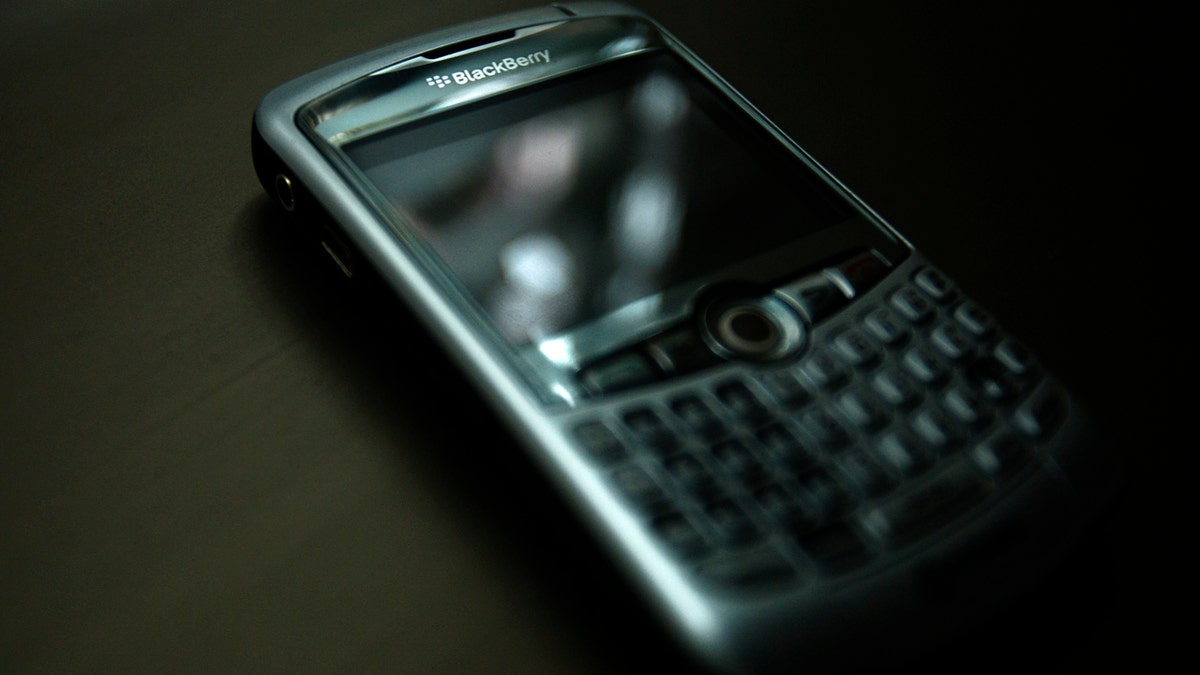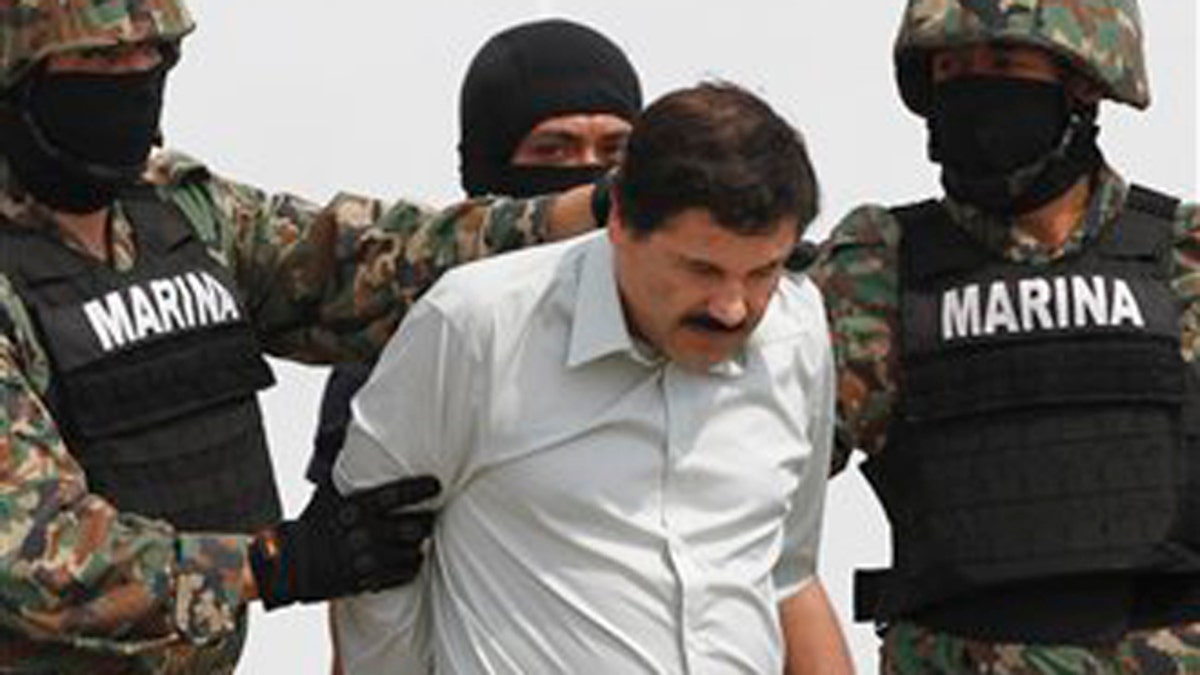
File photo - A Research in Motion Blackberry is shown in Toronto October 26, 2007. (REUTERS/Mark Blinch)
U.S. authorities last week arrested the head of a Canadian company that allegedly sold encrypted cellphones to Mexican drug cartels – shedding light on the growing use of private communications networks among organized crime groups looking to avoid the prying ears of the law.
Federal law enforcement cuffed Vincent Ramos, the 40-year-old founder of Phantom Security Communications, last week in Seattle on charges that his company maintained a secure telephone communications network that supplied encrypted cellphones to Mexico’s Sinaloa Cartel and Australian biker gangs among other organized crime groups.
In a heavily-redacted complaint filed in a federal court, the FBI alleges that “Phantom Secure’s networks were specifically designed to prevent law enforcement from intercepting and monitoring communications on the network,” and that there are around 20,000 encrypted Blackberry cellphones from the company in customers’ hands. Phantom purportedly made tens of millions of dollars off the scheme, according to the complaint.
MILLIONS OF DOLLARS SEIZED, 75 CHARGED IN MASSIVE DRUG CARTEL BUST
“Phantom Secure’s devices and service were specifically designed to prevent law enforcement from intercepting and monitoring communication on the network,” FBI Agent Nicholas Cheviron wrote in the complaint. “[E]very facet of Phantom Secure’s corporate structure was set up specifically to facilitate criminal activity and obstruct, impede, and evade law enforcement.”
Phantom CEO Ramos faces charges of racketeering and conspiracy to distribute drugs, while his company is accused of shielding its assets inside shell companies and in cryptocurrencies like bitcoin.
According to the company’s own marketing materials, Phantom’s technicians would strip a Blackberry of hardware and software – including those responsible for voice calls, GPS, the Internet, photos and messenger services – and then install “Pretty Good Privacy encryption software and ‘Advanced Encryption Standard’ on top of an email program.” These programs route through encrypted servers in places like Panama and Hong Kong, which are believed to not cooperate with law enforcement.
A Phantom phone can also only be used when contacting another phone the company has manipulated.

File photo - Joaquín "El Chapo" Guzmán in custody (AP)
Not everyone can get on a Phantom plan – which costs between $2,000 and $3,000 for a six-month service plan – as new customers must be recommended by a current Phantom user and pass a background check. While the company says it markets to “businesses and executives,” Phantom only deals with customers anonymously and the nicknames used give a hint of who their customers tend to be: narco, elchapo66, knee_capper, leadslinger.
The investigation found that Mexico’s Sinaloa cartel – once headed by notorious drug lord Joaquín "El Chapo" Guzmán – uses these phones along with a number of criminal groups in Australia.
MEXICO: 2 MISSING POLICE PROBABLY HELD BY DRUG CARTEL
Guzmán’s capture back in January 2016 could possibly be the reason for the Sinaloa cartel’s interest in encrypted phones. The Mexican military was able to track down El Chapo to a condo in the beachside city of Mazatlán thanks in large part to a cellphone from one of Guzmán’s henchmen that was found during a previous raid.
Having an encrypted email platform is not technically illegal and there are a number of legitimate reasons why someone would want one, but the affidavit makes clear that Phantom’s entire business model is based on plying their wares to organized crime.
In the past, many criminals used so-called “burners” – or cheap, pre-paid cell phones that were difficult to track and thrown out after a period of time – but wealthy crime groups, like many of Mexico’s drug cartels, are finding it easier to dish out the money for encrypted phones.
MEXICO JUDGE RULES ARREST OF ALLEGED CARTEL BOSS WAS ILLEGAL
Phantom also isn’t the only company in the game as a search on social media brings up a number of companies offering encrypted phones, alongside images of guns, piles of cash and even Mexican flag emojis.
